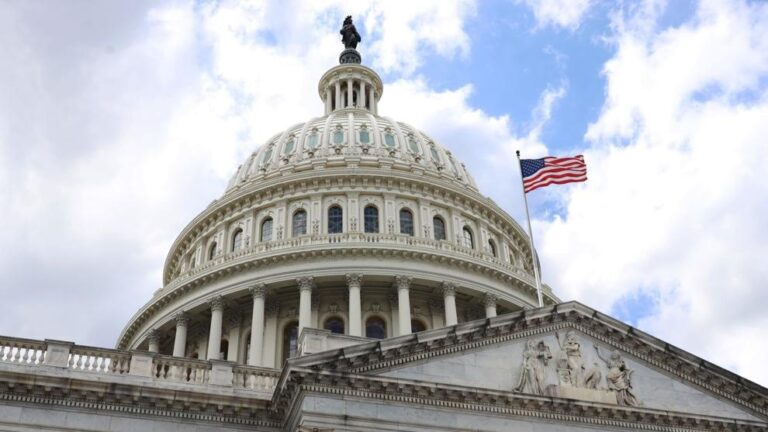WASHINGTON, D.C. – U.S. Senators John Kennedy (R-La.) and Tim Scott (R-S.C.) have introduced the Protect Our Bases Act, a new measure aimed at enhancing national security by tightening oversight of foreign land acquisitions near sensitive U.S. military and government facilities.
The legislation would require the Committee on Foreign Investment in the United States (CFIUS) to annually update and review its list of military, intelligence, and national laboratory sites considered sensitive for national security purposes. This step aims to prevent potential surveillance or espionage threats from foreign entities, including those tied to adversarial governments.
“The Chinese Communist Party’s land buildup near our most critical military and government facilities poses a grave threat to our national security,” said Kennedy. “The Protect Our Bases Act would help safeguard our nation and fight back against Communist China’s spying on American soil.”
In 2022, concerns over national security were sparked when Fufeng Group, a Chinese company with ties to the Chinese Communist Party, attempted to purchase land near Grand Forks Air Force Base in North Dakota. CFIUS did not review the transaction due to the base not being listed as a sensitive site by the Department of Defense, revealing a gap in current procedures.
Although the local government ultimately blocked the purchase, the incident led lawmakers to call for reforms to prevent similar situations.
Scott emphasized the urgency of the issue, stating, “The Chinese Communist Party’s efforts to infiltrate and surveil all parts of the U.S. national security apparatus requires vigilance from our national security agencies.”
The bill is co-sponsored by a group of Republican lawmakers including Sens. Mike Crapo, Mike Rounds, Thom Tillis, Bill Hagerty, Katie Britt, Pete Ricketts, Jim Banks, Kevin Cramer, Bernie Moreno, and Dave McCormick.
If passed, the bill would also mandate that CFIUS submit an annual report to Congress verifying the completion of facility reviews and the accuracy of its real estate tracking near critical sites.

